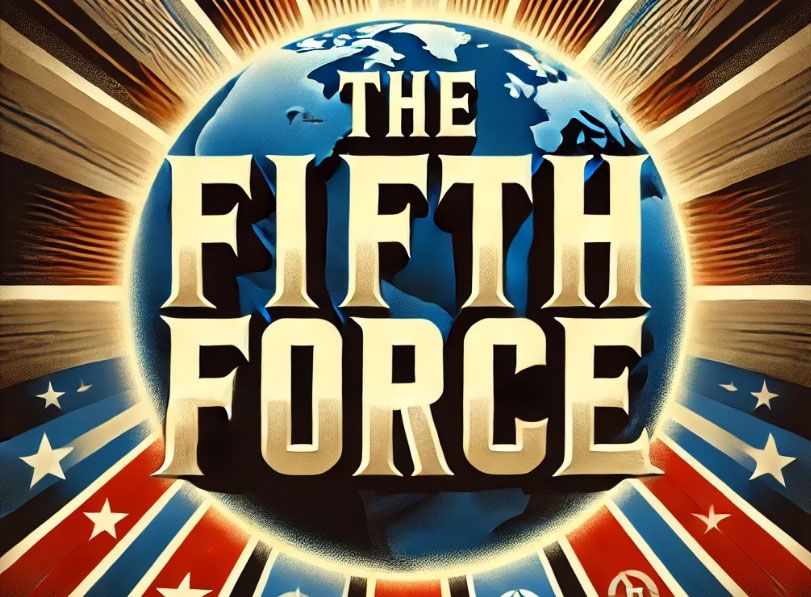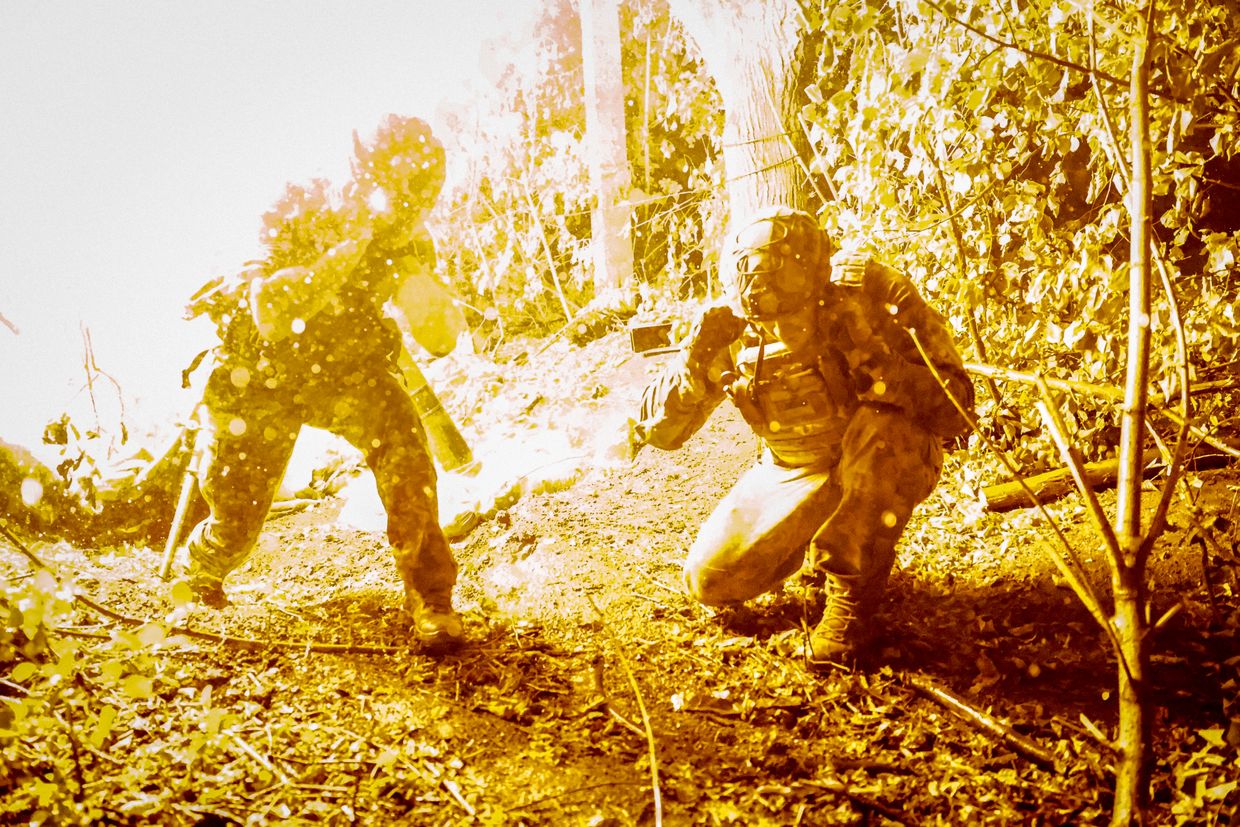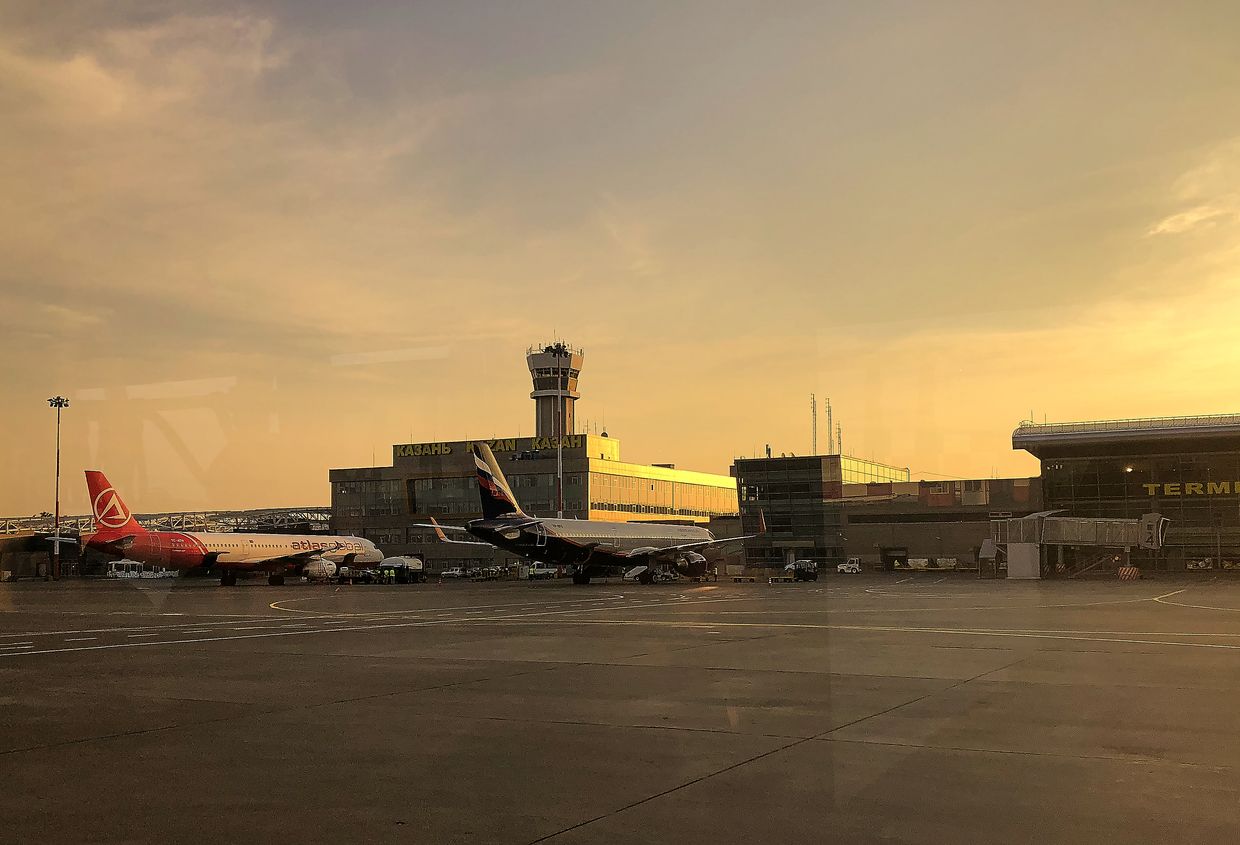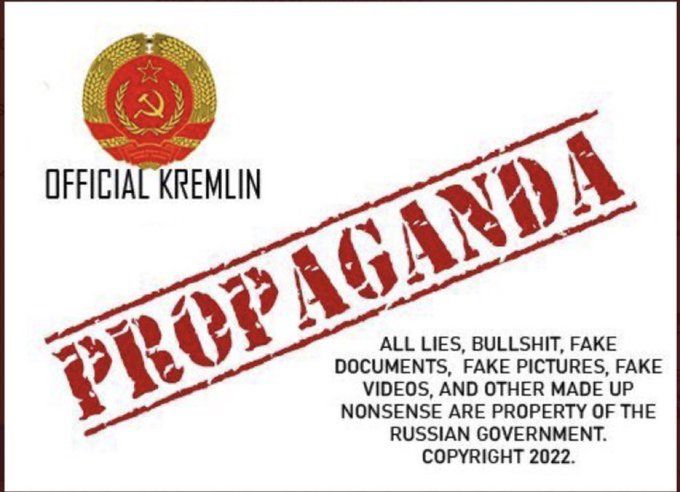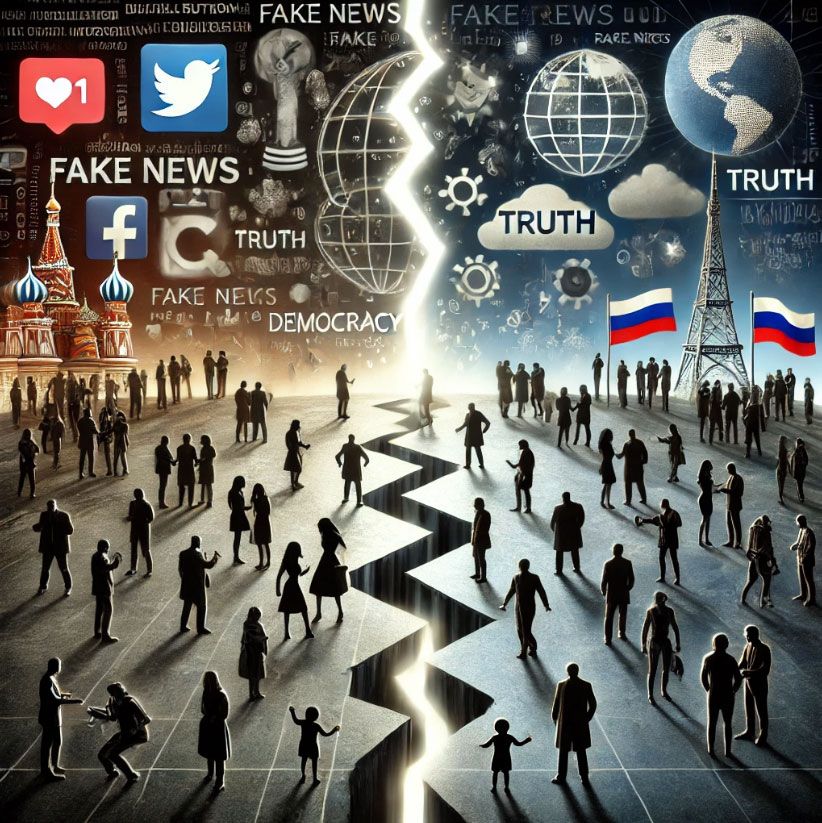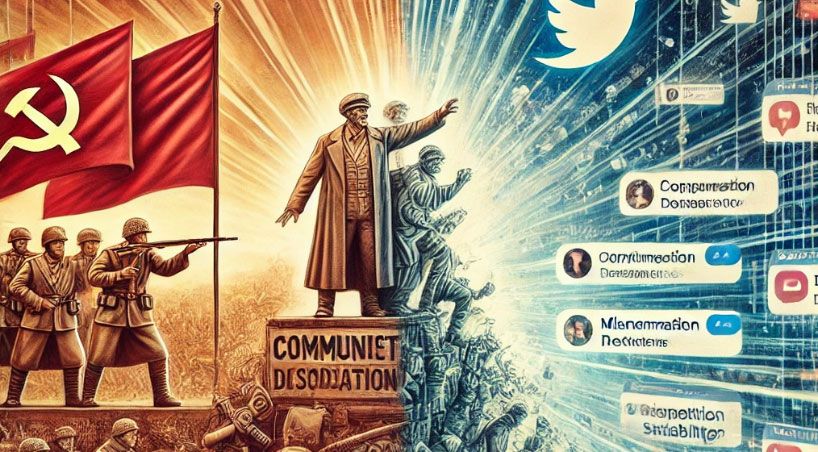Today, we are once again at a crossroads.
The challenges we face are immense and deeply interconnected: rising authoritarianism feeds off inequality, climate collapse exacerbates social divisions, and the erosion of trust in institutions weakens our collective ability to respond.
It is tempting to see these problems as insurmountable, to believe that the systems we live in cannot change. But history tells us otherwise. If we look closely, we see a pattern: humanity’s greatest leaps forward always began with an improbable idea.
This is where the Fifth Force comes in. It is not something new. It is the force that has always existed in moments of collective courage and transformation.
It was there when abolitionists dismantled an entrenched system of injustice, when suffragists fought for the right to vote, and when nations joined together to rebuild after war.
The Fifth Force is humanity’s capacity to design its own future with intention—a deliberate and collective movement toward justice, dignity, and resilience.
Our task is not to create it but to recognize it, articulate its principles, and harness its power to meet the challenges of the 21st century.
The Four Historical Forces and the Fifth Force
Humanity’s trajectory has often been shaped by four great forces, each capable of upheaval and transformation:
- War: Few forces have reshaped societies as drastically as war. It destroys nations, redraws borders, and forces advancements in technology and governance. Yet its cost is immense, leaving devastation and loss in its wake.
- Revolution: Revolutions topple oppressive systems and ignite the hope of new beginnings. From the American Revolution to the collapse of the Berlin Wall, they have brought sweeping change, but often at the price of chaos and uncertainty.
- State Collapse: When empires crumble or states fail, they create a vacuum—one that can lead to either renewal or prolonged instability. The fall of Rome, for example, set the stage for both the Dark Ages and the eventual emergence of modern Europe.
- Pandemics: Disease has upended civilizations, exposing vulnerabilities and prompting systemic change. The Black Death reshaped Europe’s economy, and COVID-19 has accelerated shifts in technology and global cooperation.
Each of these forces, while transformative, is reactive—emerging from crisis rather than intention. They shape history, but often through suffering and loss.
By contrast, being proactive allows us to anticipate challenges, address systemic issues before they become crises, and create opportunities for growth and renewal without devastation.
The Fifth Force stands apart. It has always been with us, but unlike the other forces, it is proactive rather than reactive. It is the deliberate choice to build rather than rebuild, to grow without tearing down, to create progress without devastation.
Rooted in resilience, dignity, and justice, the Fifth Force represents humanity’s capacity to design its own transformation.
Lessons from History: Improbable Successes
- Abolition of Slavery: In the 18th century, slavery was so entrenched in global economies that its abolition seemed unimaginable. Yet activists like Olaudah Equiano and William Wilberforce fought tirelessly, reframing slavery not as an economic necessity but as a moral atrocity. Their work sparked movements that eventually dismantled the system, proving that even the most deeply rooted injustices can be eradicated.
- Universal Suffrage: When women demanded the right to vote, they faced ridicule and violence. Suffragists like Emmeline Pankhurst and Ida B. Wells endured decades of struggle, yet they persisted. Their victory not only redefined democracy but expanded the very concept of citizenship.
- The United Nations: In the ashes of World War II, a world shattered by division and destruction envisioned a new framework for cooperation. Skeptics doubted that rival nations could work together, yet the creation of the United Nations marked a turning point for international diplomacy and conflict resolution.
The Present Moment: Why the Fifth Force Matters Now
The Fifth Force builds on the spirit of these historical successes, addressing the unique challenges of the 21st century:
- Rising Authoritarianism: Democracies worldwide are under siege, eroded by disinformation and populism. The Fifth Force introduces the idea of militant democracy: a system that actively defends itself against threats while preserving its values of freedom and inclusion.
- Economic Inequality: Just as abolitionists fought to upend economic systems built on exploitation, the Fifth Force proposes Universal Basic Income (UBI) as a way to create shared prosperity and eliminate poverty.
- Climate Crisis: Like the formation of the United Nations after WWII, the Fifth Force envisions global cooperation on an unprecedented scale to tackle environmental collapse and protect future generations.
- Cultural Despair: Tragic optimism—the belief that meaning can be found even in suffering—is a cultural ethos that helps societies endure and thrive during times of uncertainty. For instance, during the Great Depression, communities came together to support one another, sharing resources and fostering resilience. This collective strength not only sustained them but also laid the groundwork for transformative policies like the New Deal. By embedding this principle, the Fifth Force offers a narrative of hope and resilience.
Improbable, but Not Impossible
The skeptics will say it can’t be done. That democracy is too fractured, inequality too entrenched, and the planet too far gone. But the same was said to abolitionists, suffragists, and visionaries of the past.
Their struggles teach us that improbability is not a barrier—it is an invitation to act.
The Fifth Force is not about waiting for crisis to force change. It is about recognizing the force already within us and using it intentionally.
It is about creating a world where democracy thrives, dignity is universal, and resilience is a shared value.
What Can We Do?
The Fifth Force offers tools, but action is necessary to wield them. Here are steps we can take to bring this latent power to life:
- Engage Locally: Advocate for democratic safeguards, participate in grassroots movements, and build civic trust within communities.
- Support Global Efforts: Back international initiatives for climate action, democratic defense, and equitable economic policies.
- Foster Cultural Resilience: Promote stories of resilience and cooperation that inspire solidarity and optimism.
This is our moment to dream big, act boldly, and take tangible steps to shape the next chapter in humanity’s progress—starting with the actions outlined above.
The Fifth Force offers us the tools—if we choose to use them.


